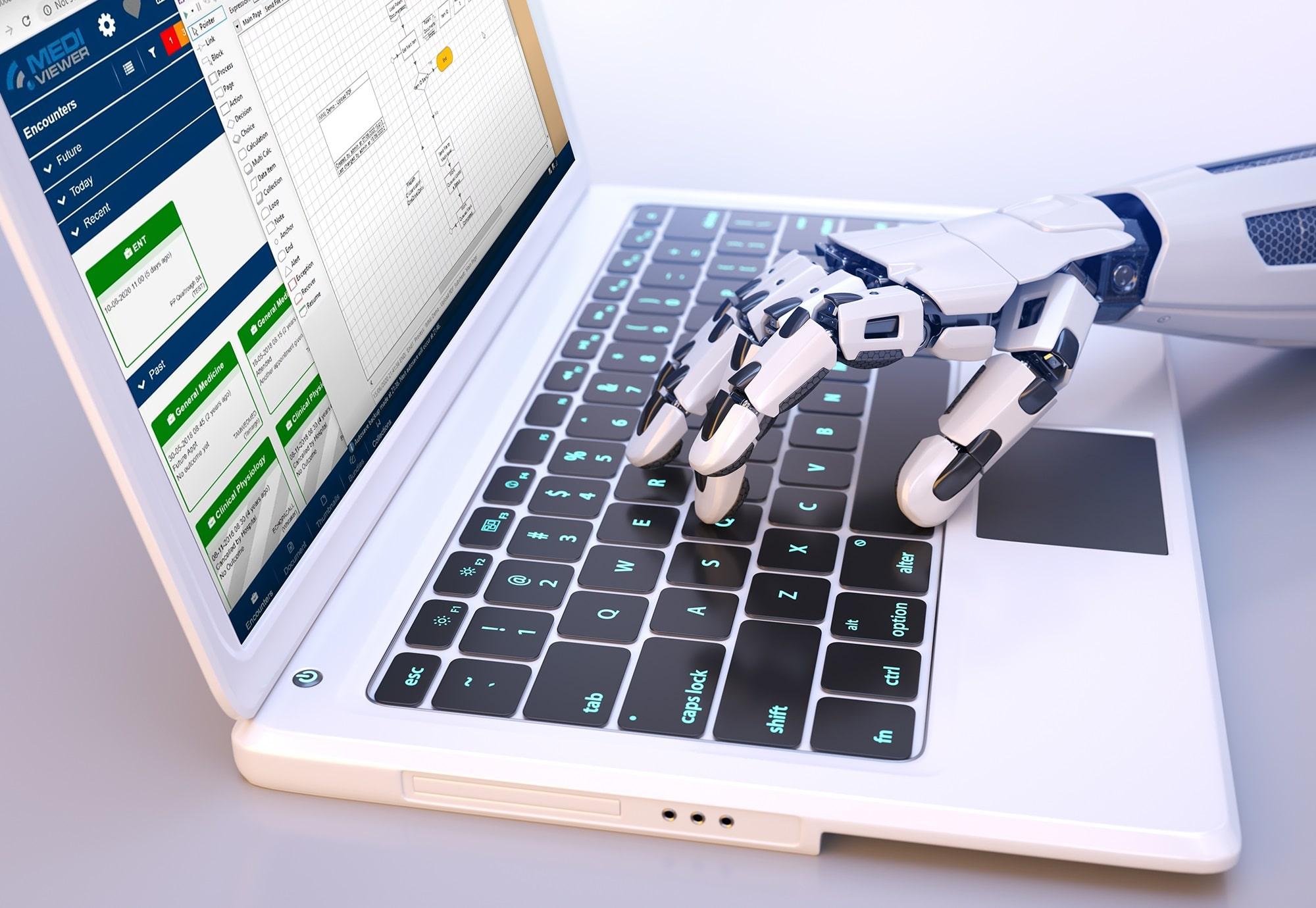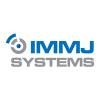Almost every aspect of our lives is streamlined by technology and the pace at which this digital transformation is taking place has increased significantly due to the current Covid-19 pandemic.
The dynamic nature of the Healthcare world – and especially the impact of the pandemic – has driven an even greater need for clinicians to have access to all patient information in real time whilst at the same time being able to access this information from anywhere.
Interoperability and ensuring this information is safe and secure are absolute prerequisites.
A tailored approach to healthcare
Information, communication, speed and customisation deliver a tailored approach to healthcare for the individual and maintains a personal touch in a world with over 7 billion people.
Without using technology to deliver this approach, the individual is lost amongst the masses having their needs dictated to them based on general decision making instead of personalised decision making. It is only through technology that the individual can retain their voice and stand up for their needs.
This is “people driven technology”, not “technology forced upon people”.
Technology can be used to ensure that the rights of an individual and the right to be considered on a personal basis is respected as the population grows and demand of essential services increases.
The importance of Interoperability
In order to give the individual a voice and bring about the age of personalised care, the UK healthcare system is undergoing a mass overhaul of its technology systems. All of the technology systems need to be able to talk to each other in a secure way. The process involves healthcare professionals, technology companies and cyber security professionals to work side by side and in step with each other.
More personalised data means better decision making and even opening up the possibilities of preventative and predictive care to be one step ahead of potential problems instead of trying to solve them as they arise.
The benefits of integrated care are:
- The flow of information across health and social care will be faster and more consistent.
- Due to immediate and secure access of complete accurate health and care records, better decisions can be made.
- This leads to a better experience of care for the patient.
- People can move faster through the health and care system, which can save time, money and lead to faster access to care.
Intelligent automation
In order to reach this new horizon in healthcare, we need to get the foundation right, the digital architecture of the health and care system.
The demands on Healthcare professionals over recent months has highlighted the need for their time to be spent with patients more than ever and far less time working through disparate information to support patient care. Intelligent Automation of Clinical Information is an enabler for this new way of working.
Numerous vendors have brought to market automation solutions and many have delivered real tangible value to the NHS but the ability to integrate new information into a patient record using technology such as Robotic Process Automation (RPA) whilst maintaining the inherent speed of access to the information has eluded the market to date.
A solution has been developed by Darren Atkins, Chief Technology Officer (Automation and AI – Royal Free London NHS Foundation Trust) that when used alongside MediViewer™, through utilisation of the open API structure integrating the BluePrism Cloud RPA engine with MediViewer™, healthcare professionals are able to access new information from other key hospital systems through the MediViewer™ UI as a single source view. The speed of integration is incredible and demonstrates clearly the value of technology partners working together for the greater good of the Health service.
Faster access to information – improving the patient experience
MediViewer™ from IMMJ Systems is an Electronic Document Management System (EDMS) which has become firmly established as the EDMS of choice amongst clinicians and the wider NHS in recent years. The intuitiveness of the UI coupled with the inherent speed of access to information has delivered a step change to the way clinicians deliver patient care and equally helped to improve the patient experience.
Mr Atkins said: “Leveraging the power of Blue Prism Cloud to interact directly with IMMJ’s MediViewer™ Open API allows the rapid upload of clinical documentation without the need to use the front-end user interface.
“Using existing processes within the NHS Digital Exchange, for example, retrieving GP referrals from ERS with the MediViewer™ API allows real-time uploading of clinical documentation without any human input.
“The list of opportunities is endless.”



















